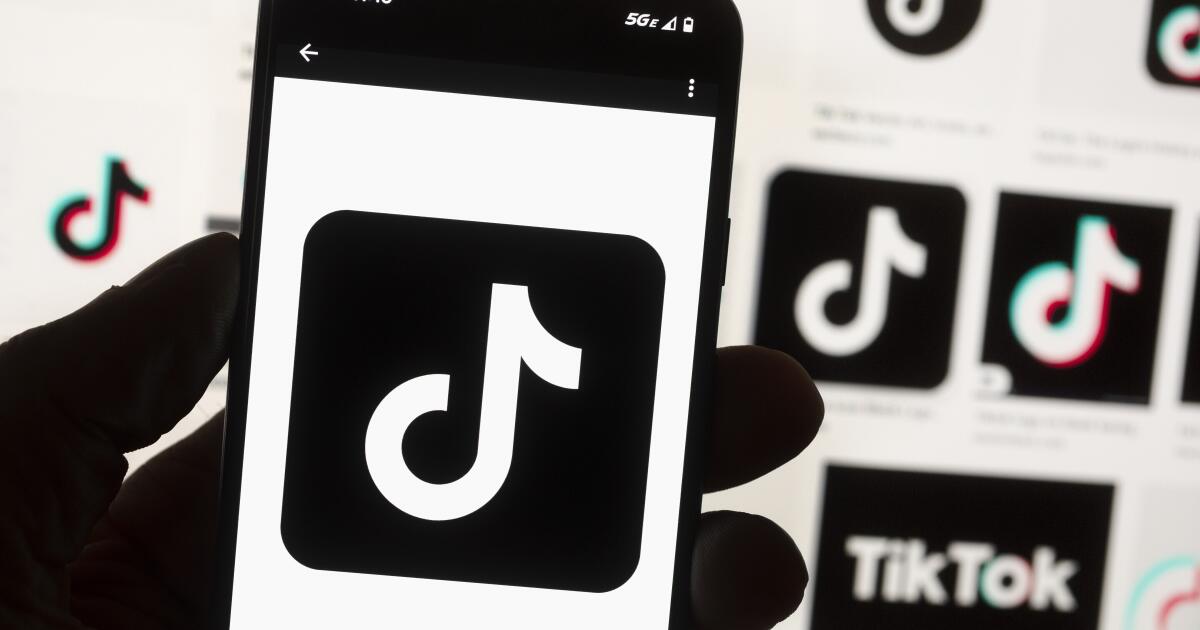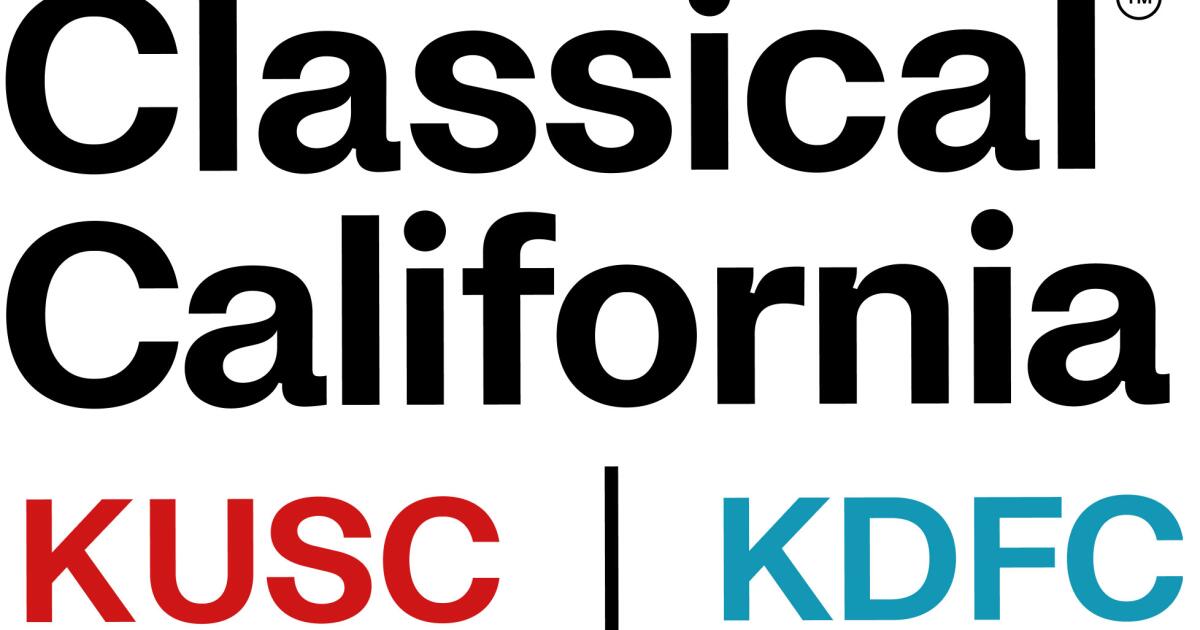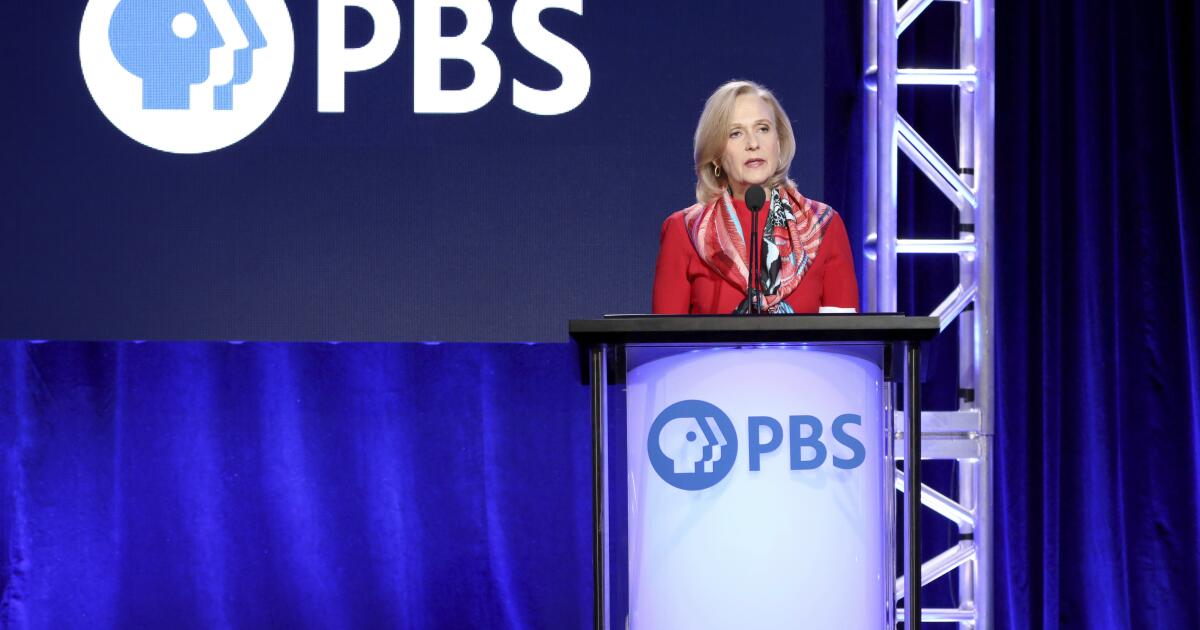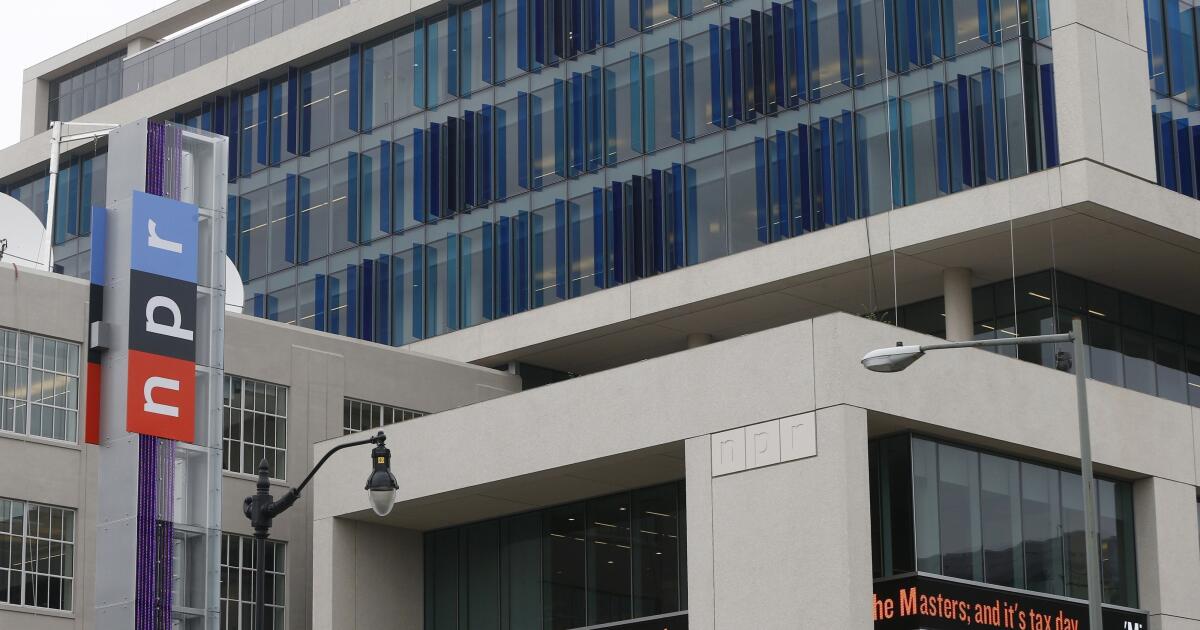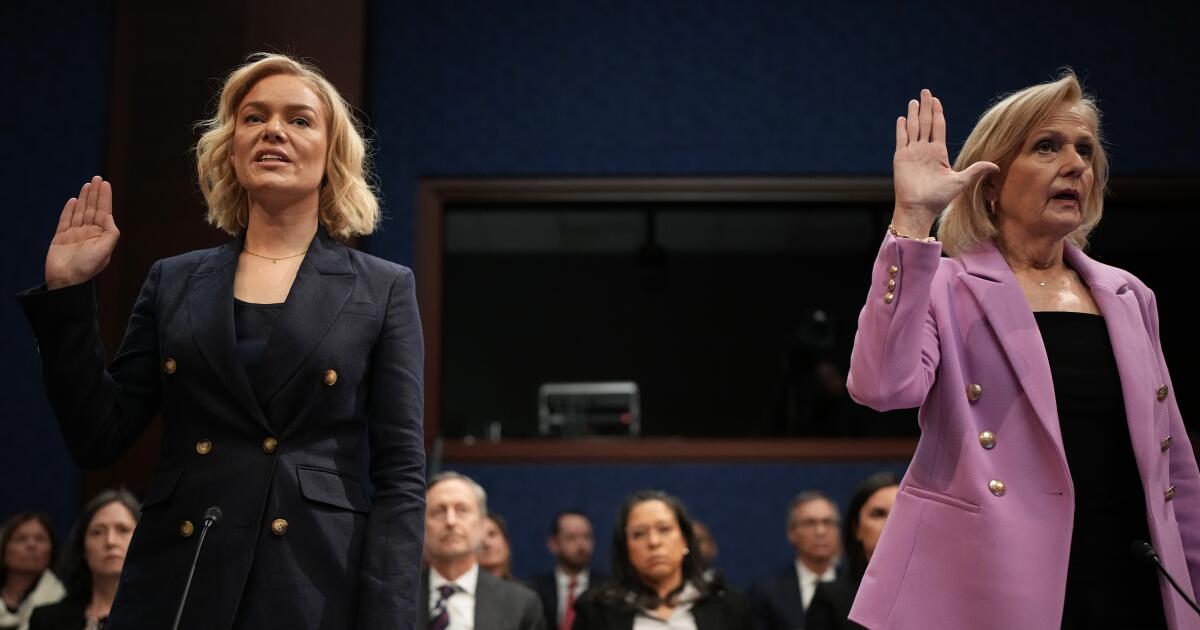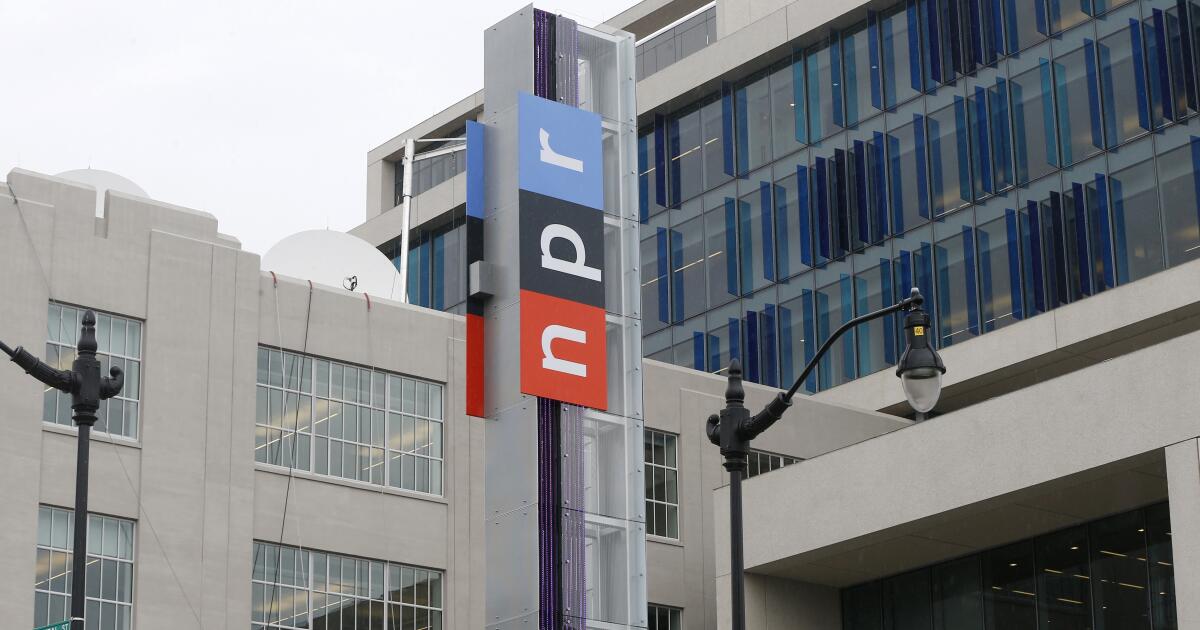Murdoch’s Fox Corp. could join Trump deal to preserve TikTok in the U.S.
Another pair of influencers might be joining President Trump’s effort to preserve TikTok in the U.S.: Rupert and Lachlan Murdoch.
The Trump administration has been working on a deal that would keep the wildly popular social video service operational for millions of Americans. Under a law signed by President Biden, TikTok’s U.S. service must separate from its Chinese parent company, ByteDance, or face going dark.
Congress passed the law out of security concerns over TikTok’s ties to China and worries that the app would give the communist government access to sensitive user data, which TikTok has denied doing.
Trump revealed more details about the plan over the weekend. The president on Sunday told Fox News that people involved in the deal include Oracle Corp. cofounder Larry Ellison, Dell Technologies Chief Executive Michael Dell and, probably, Rupert Murdoch and his eldest son, Lachlan.
“I think they’re going to be in the group, a couple of others, really great people, very prominent people,” Trump said on “The Sunday Briefing” on Fox News. “They’re also American patriots. They love this country, so I think they’re going to do a really good job.”
If the Murdochs were to be involved, it could be through their media company Fox Corp. investing in the deal, according to a source familiar with the matter who was not authorized to comment publicly. Fox Corp. owns Fox News, Fox Business and the Fox broadcast network. Fox News’ opinion hosts are vocally supportive of Trump.
The pending agreement would hand over TikTok’s U.S. operations to a majority-American investor group, White House press secretary Karoline Leavitt told Fox News on Saturday. The app’s data and privacy in the U.S. would be led by Texas-based cloud computing company Oracle, she added.
Oracle’s cofounder and chief technology officer Ellison is a Trump ally who is the world’s second-richest person, according to Forbes. TikTok already works with Oracle. Since October 2022, “all new protected U.S. user data has been stored in the secure Oracle infrastructure, not on TikTok or ByteDance servers,” TikTok says on its website.
Leavitt told Fox News that six out of the seven board seats controlling the TikTok app in the U.S. would be held by Americans and that the app’s algorithm would be controlled by America.
“We are 100% confident that a deal is done,” Leavitt said.
In a Monday news briefing, Leavitt said Trump expected to sign the deal later this week.
ByteDance would retain a less than 20% stake in TikTok U.S. The investor group is still being sorted out, reported CNN, citing a White House official.
The White House, Dell Technologies and Oracle did not immediately return a request for comment. Fox Corp. declined to comment.
TikTok’s future has been uncertain for months since the law was signed. After Biden had signed the 2024 law, ByteDance was initially given a deadline of Jan. 19, which has since been extended several times by Trump. The current deadline is Dec. 16.
Any deal would also need the approval of the Chinese government.
On Friday, Trump suggested on his social media platform Truth Social that China’s president, Xi Jinping, had approved the pact during a call between the two leaders.
Reports cited Xinhua, China’s state-run news agency, which quoted Xi as saying the Chinese government “respects the wishes of companies and welcomes them to conduct commercial negotiations based on market rules and reach solutions that comply with Chinese laws and regulations and balance interests.”
ByteDance in a statement on Friday thanked President Xi and President Trump “for their efforts to preserve TikTok in the United States.”
“ByteDance will work in accordance with applicable laws to ensure TikTok remains available to American users through TikTok U.S.,” the company said.
Trump has said he believes TikTok played a key role in helping him reach younger voters and win the 2024 presidential election. During his first term, he was a prominent voice calling for TikTok to be banned during his broader campaign against China over trade and COVID-19.
